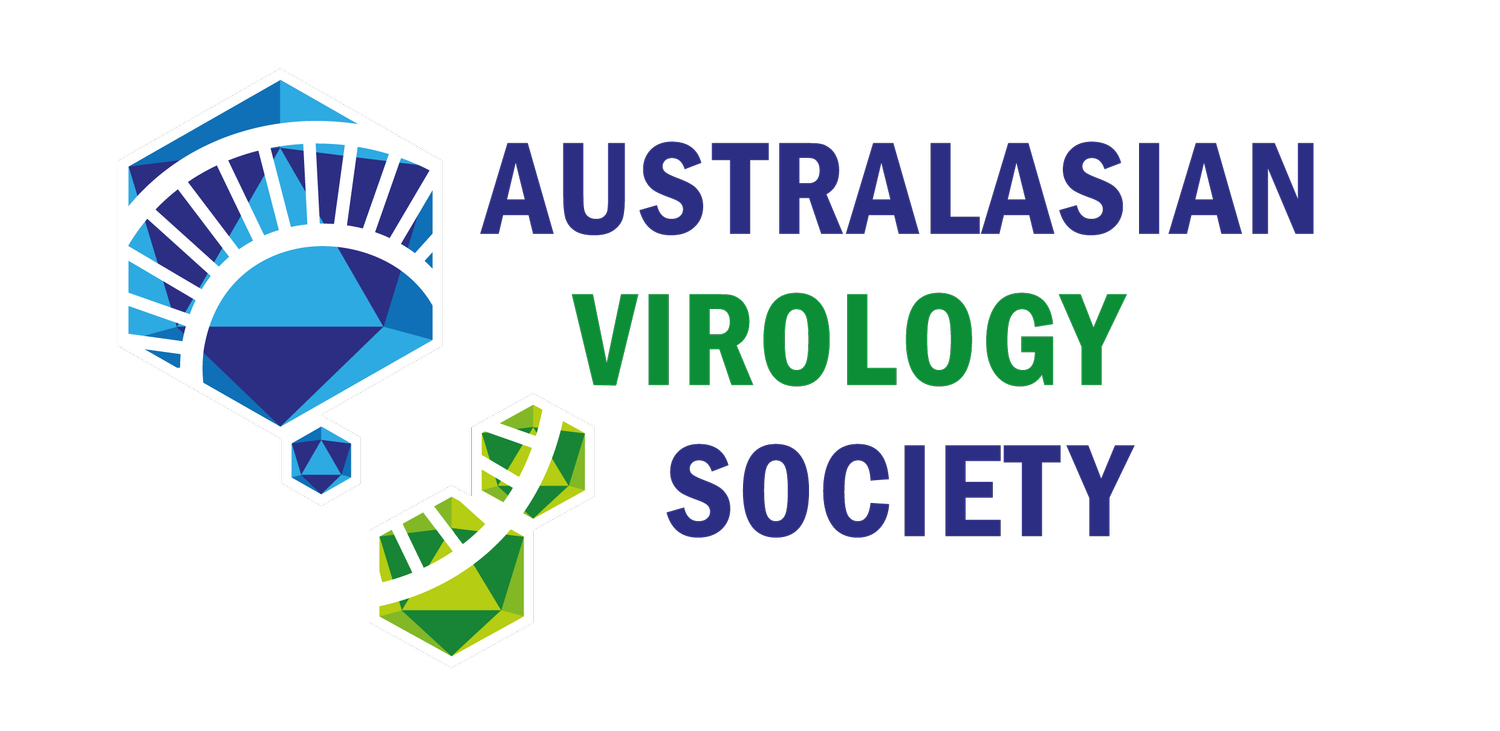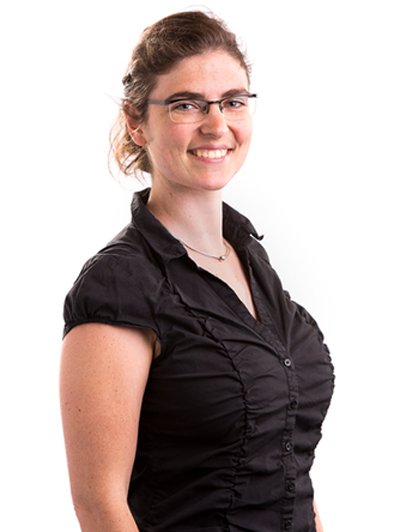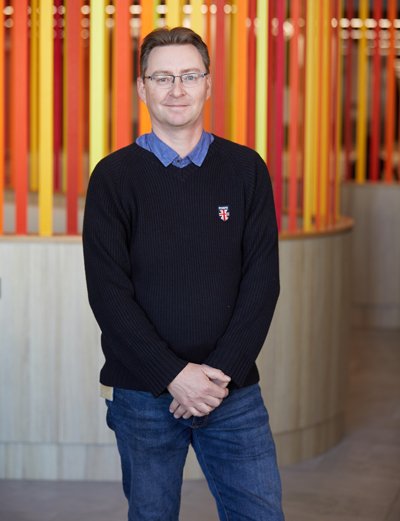Speakers
Prof Wendy Barclay
Imperial College London
Professor Barclay joined Imperial College in May 2007, moving with her research group from the University of Reading where she had previously been based since 1995. Professor Barclay had graduated in Natural Sciences from Cambridge University and had undertaken her PhD at the Common Cold Unit, Salisbury under joint supervision of Dr David Tyrrell and Dr Fred Brown, studying the human immune response to rhinovirus. She acquired molecular virology skills as a postdoctoral fellow first in the laboratories of Professor Jeff Almond at Reading, and then working with Dr Peter Palese at the Mount Sinai School of Medicine, New York.
Professor Barclay’s expertise is in the field of respiratory viruses, in particular influenza virus. Her studies aim to understand the molecular and cellular basis of the pathogenesis, host range restrictions and transmissibility of influenza viruses. The approach includes the generation of recombinant viruses with defined mutations. This strategy has contributed to the production of novel influenza pandemic vaccines. In principle the work employs the most appropriate virus strains and relevant cell or animal models. Primary influenza clinical strains are obtained through a long standing collaboration with the Health Protection Agency, and viruses are studied on primary human airway cells and in ferrets. Translational aspects include analysing mode of action and resistance mechanisms of antiviral compounds, and characterization of novel cell substrates and attenuated virus backbones for influenza vaccines. The laboratory is funded by MRC, BBSRC, the Wellcome Trust and commercial bodies.
Prof Jason McLellan
University of Texas at Austin
Professor McLellan earned a BS in chemistry with an emphasis in biochemistry from Wayne State University in Detroit, Michigan. Afterward, he obtained his PhD from the Johns Hopkins University School of Medicine in Baltimore, Maryland in the laboratory of Dr. Daniel Leahy. He then carried out postdoctoral research at the National Institutes of Health’s Vaccine Research Center in the laboratory of Dr. Peter Kwong and in collaboration with Dr. Barney Graham. In the Fall of 2013, he joined the faculty at the Geisel School of Medicine at Dartmouth in the Department of Biochemistry, and in January 2018 he moved his laboratory to the University of Texas at Austin and became a member of the Department of Molecular Biosciences.
Prof Kanta Subbarao
The Peter Doherty Institute for Infection and Immunity
Professor Kanta Subbarao is the Director of the WHO Collaborating Centre for Reference and Research on Influenza and Professor, Department of Microbiology and Immunology, The University of Melbourne at The Peter Doherty Institute for Infection and Immunity. She is a virologist and a physician with specialty training in paediatrics and paediatric infectious diseases. Prior to her arrival in Melbourne, she was a senior scientist at the US National Institutes of Health and Centers for Disease Control and Prevention. Over the years, Dr. Subbarao’ s research has focused on newly emerging viral diseases of global importance including seasonal and pandemic influenza, SARS, MERS and now, SARS-CoV-2. Her current research efforts are directed at understanding the biology and immune responses to influenza viruses and vaccines and SARS-CoV-2. She serves on the Editorial Boards of PLoS Pathogens, mBio, Journal of Virology, Cell Host and Microbe and Med.
Dr Nick Eyre
Flinders University
Nick is a Research Fellow in Microscopy and Group Leader within the College of Medicine and Public Health at Flinders University. Since completing his Ph.D. in 2007, Nick’s research over the past 14 years has focussed on multiple aspects of virus-host interactions and viral genome replication for the related (+)RNA viruses hepatitis C virus (HCV), dengue virus (DENV) and Zika virus (ZIKV). In particular he has sought to apply sensitive and minimally invasive high-resolution imaging techniques and targeted and random manipulation of viral genomes to better understand the viral and host determinants of viral replication organelle formation, morphology and function and how these replication organelles interact with viral assembly platforms. This has led to his focus on the functions of the flavivirus NS1 protein; a critical determinant of viral RNA replication, infectious virus particle production and an important secreted pathogenic factor. He also has a strong interest in applying this understanding and associated techniques and molecular tools to the identification of novel antiviral therapeutics through high-throughput compound screening and mechanistic analysis of candidate antiviral drug activity.
Prof Jade Forwood
Charles Sturt University
Professor Forwood’s completed a BBiomedSc. (Hons I) at James Cook University and a PhD in Biochemistry and Molecular Biology at the John Curtin School of Medical Research (Australian National University). He was awarded a University Medal in 1998 and the Frank Fenner Medal in 2002 for his PhD thesis. Since completing his PhD, he has undertaken postdoctoral research in industry (Bresagen Ltd., Adelaide University), and under an NHMRC CJ Martin Fellowship, conducted research at the Department of Structural Studies (LMB, MRC) in Cambridge (UK) for two years, followed by an additional two years at the University of Queensland. In 2007, he joined the School of Biomedical Sciences at Charles Sturt University to coordinate and lecture in Biochemistry. Since establishing an independent lab in 2007, Dr Forwood has secured >30 grants and various research awards. These include grants from the NIH (x2), NHMRC (x5), an ARC Future Fellowship, Federation of Asian and Oceanian Biochemists and Molecular Biologists Young Scientist Award, Centre for Inland Health Research Fellowship, NHRMC CJ Martin Fellowship, and Vice-Chancellors Award for Research Excellence.
Professor Forwoods research is focused on the structural and functional characterization of protein complexes involved in viral replication and immune evasion by blocking key nuclear transport processes. He has solved >100 protein structures using the Australian synchrotron, including structures of nuclear import receptors bound to HIV Tat, DENV and ZIKV NS5, MERS ORF4b, HeV and NiV W proteins, SOX2, and the RanGEF exchange factor. He has also determined structures of circovirus particles which unmask nuclear signal presentation upon switching between icosahedral and non-icosahedral symmetry. This latter research has provided a platform for vaccine development for the critically endangered Orange-bellied parrot (2018-19; funding from Australian Government Threatened Species Recovery Fund).
Prof Katherine Kedzierska
University of Melbourne
Prof Katherine Kedzierska is Deputy Head of the Department of Microbiology and Immunology, University of Melbourne, at the Peter Doherty Institute for Infection and Immunity.
Katherine received her PhD from Monash University in 2002 for her studies on the mechanisms underlying defective immune functions after HIV infection. Her PhD work was recognised by the 2001 Premier’s Commendation for Medical Research, 2002 Monash University Mollie Holman Doctoral Medal and an NHMRC Peter Doherty Postdoctoral Fellowship to pursue her postdoctoral research with Laureate Professor Peter Doherty at University of Melbourne. Her postdoctoral work was focused on the early establishment of influenza-specific CD8+ T cell memory, TCR repertoire diversity and viral escape in a mouse model of influenza virus infection. In 2007, she got awarded an NHMRC RD Wright Fellowship and grant funding to establish her own research team.
She is currently an NHMRC Investigator Fellow and a group leader of ‘Human T cell Laboratory’ in Department of Microbiology and Immunology at University of Melbourne. Her research interests include human T cell immunity to pandemic, seasonal and newly emerged influenza viruses, anti-viral immunity in the young, the elderly and Indigenous Australians, viral escape and generation of immunological memory in human influenza infection. She also studies human immunity to SARS-CoV2 in COVID-19 patients.
Katherine is a recipient of a number of prestigious awards, including 2016 Australian Academy of Science Jacque Miller Medal, 2011 NHMRC Excellence Award and 2011 Scopus Young Researcher of the Year Award. She is a C of Indigenous Health at the Doherty Institute. In 2019, she was elected as a Fellow of the Australian Academy of Health and Medical Science (AAHMS).
Dr Michelle Wille
University of Sydney
Michelle is an ARC Discovery Early Career Researcher Award Fellow at the University of Sydney with honorary positions at the WHO Collaborating Centre for Reference and Research on Influenza and the University of Melbourne. She is interested in avian viruses, with two main research lines: (1) ecology and evolution of socioeconomically important viruses such as avian influenza A virus and (2) revealing the entire virus community of birds and understanding the factors that affect these community structures.
Dr Belinda Herring
WHO Regional Office
Dr Herring is a Public Health focused virologist currently employed at the WHO Regional Office for Africa in Brazzaville, Congo. At the Regional Office she is the laboratory focal point for outbreak response in the Emergency Preparedness and Response team. In this role she manages the Influenza Programmes for the WHO African Region and has had critical involvement in the response and control of many viral outbreaks throughout the region. Most recently Dr Herring has led the lab team led as part of the COVID-19 response strategy to establish and/or strengthen testing capacities in all countries, including screening for Variants of Concern. Dr Herring is a virologist and completed her PhD at the Westmead Millennium Institute, University of Sydney and recently completed a Master of Public Health. Prior to joining WHO Dr Herring was an academic at Queensland University of Technology and University of Sydney and has engaged in research on RNA viruses such as HIV-1, Hepatitis C virus, West Nile virus and Australian arboviruses.
Associate Professor Robin MacDiarmid
University of Auckland and The New Zealand Institute for Plant & Food Research Limited
Associate Professor MacDiarmid is based at The New Zealand Institute for Plant & Food Research Limited where she hosts students from the University of Auckland during their Hons/MSc or PhD research project term. She teaches plant virology at the university and at Plant and Food Research this extends out to include research on viruses of fungal and oomycete phytopathogens of crops or native plants. Robin is the co-Science Group Leader (Tangata Tiriti) alongside Dr Nick Waipara (co-Science Group Leader Tangata Whenua) of the Plant Pathogen Environment group at Plant and Food Research. When not at work Robin enjoys sailing her wooden boat on the Bay of Islands where she lives.
Dr Lloyd Einsiedel
Alice Springs Hospital and Doherty Institute
Dr Lloyd Einsiedel is an infectious diseases physician who has provided a clinical service to central Australia for more than a decade. He has active research interests in Indigenous health with particular reference to interactions between the social determinants of health, health literacy and disease.
Prof James Ward
Poche Centre for Indigenous Health
Professor James Ward is a Pitjantjatjara and Nukunu man, an infectious diseases epidemiologist and a national leader in Aboriginal and Torres Strait Islander research. He is currently the Director of the Poche Centre for Indigenous Health at The University of Queensland.
Holding various roles over the last 25 years in Aboriginal public health policy for both government and non-government organisations, in urban regional and remote communities he has built a national program of research in the epidemiology and prevention of infectious diseases, with a particular focus on STIs, HIV and viral hepatitis in Aboriginal and Torres Strait Islander communities.
Professor Ward has previously worked at the Kirby Institute, University of New South Wales, Baker IDI in Alice Springs and the South Australian Health and Medical Research Institute. He has served on numerous national and international committees including currently the Communicable Diseases Network of Australia, the Australian National Council on Alcohol and Drugs, the CDNA COVID-19 Working Group and the Aboriginal and Torres Strait Islander COVID-19 Taskforce. He has over 120 publications and leads several large scale public health and infectious diseases studies.
Dr. Nathan W. Bartlett
Head of Viral Immunology and Respiratory Disease group
Dr. Nathan W. Bartlett is Associate Professor and head of the Viral Immunology and Respiratory Disease group, based at the Hunter Medical Research Institute (HMRI), University of Newcastle, Australia. He also retains an honorary academic appointment at the National Heart and Lung Institute, Imperial College London, UK. He has over 20 years of experience working in respiratory viral immunology, pathogenesis of virus induced respiratory diseases and drug and vaccine development. After completing Post-Doctoral Research, first at the University of Oxford and then Imperial College London, he developed a research program investigating rhinovirus infections and exacerbations of asthma and COPD. His expertise across pre-clinical respiratory virus infection models (including primary human airway epithelial cells) has led him collaborate on multiple projects generating several patents and numerous highly cited publications. His team is exploring a range of anti-viral and vaccine approaches for SARS-CoV-2 and respiratory viruses including a TLR2/6 agonist-based nasal spray (with ENA Respiratory) that is currently in phase 2 clinical trial for influenza virus infection. Dr Bartlett currently advises for ENA Respiratory, Lanier Therapeutics, Foray Therapeutics and is spokesperson for the National Asthma Council. He is a member of the European Respiratory Society College of Experts and Deputy Director of the Priority Research Centre for Healthy Lungs (University of Newcastle). In addition to research, Dr. Bartlett is actively engaged in undergraduate teaching and mentoring Year 1 and 2 Medicine students, Biomedical Science students as well as supervising multiple PhD students.
Prof Peter A. White
School of Biotechnology and Biomolecular Sciences, Faculty of Science, University of New South Wales, Sydney, NSW, Australia
Peter White is a Professor at the University of New South Wales in Australia. Following a BSc (Hons) in Biotechnology from King’s College London, Peter completed a PhD at University College, London (1996) in microbiology. In 1996 Peter commenced his Postdoctoral research at Macquarie University, Sydney, as a recipient of a Royal Society Fellowship and later worked as Hepatitis Group Leader at the Prince of Wales Hospital until joining the University of New South Wales in 2003.
Peter is a molecular virologist with a particular interest in norovirus, viral discovery, antiviral development, and hepatitis viruses. He has a breadth of experience in the development of novel molecular and sequencing systems to investigate viral infections both in human and in animals. Peter’s team is probably best known for their discovery of pandemic noroviruses, and seminal work describing the evolution of pandemic noroviruses through both antigenic drift and recombination.













